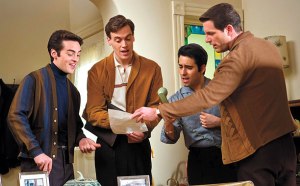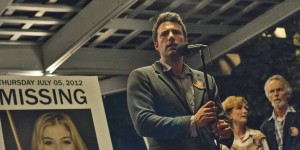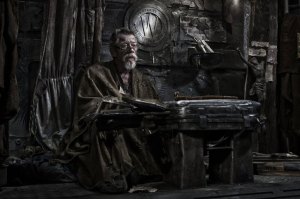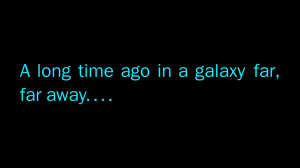In a Football interrupted month I have been to see eight films, fortunately they have been better than England’s Performance at the World Cup:
Edge of Tomorrow: This time loop, alien invasion, war movie is far more than just a Tom Cruise Vehicle. Using the time loop well to create in interesting and exciting story with just enough dry dark comedy. It also finds a suitable part for the normally underused Emily Blunt.
22 Jump Street: When 21 Jump Street was announced no one expected 27 year old Jonah Hill and 30 year old Channing Tatum to work, as it turned out that was half the joke of the movie. So how do you follow that? By doing exactly the same thing again and making a joke of the fact you are doing the same thing again. Worth seeing for the closing credits alone.
Belle: The true (ish) story of Dido Elizabeth Belle, the illegitimate mixed-race daughter of the nephew of William Murray, 1st Earl of Mansfield and Lord Chief Justice of England. Raised by her great-uncle and his wife, the film speculates on what impact Belle may have had on his ruling in an important court case of the day, one contributed to the abolition of slavery. A little lightweight but beautifully shot and really well acted.
Oculus: A horror film full of TV stars Karen Gillan (Doctor Who), Katee Sackhoff (Battlestar Galactica), Rory Cochrane (CSI) and Brenton Thwaites (Australian soap Home and Away) doesn’t fill you with confidence. However Mike Flanagan’s movie based on his own earlier short is well scripted with a great concept; most of the film is set in a single location but at two different times. A superior horror that aims to disturb rather than shock and succeeds admirably.
3 Days to Kill: Kevin Costner plays a terminally ill CIA hit-man trying to bond with his estranged daughter whilst doing one last job in return for an experimental drug that may save his life. Written and produced by Luc Besson comparisons with Taken are inevitable, so I will compare it to Taken! Not as nasty as Taken but also not as focused or as taut.
Jersey Boys: “Goodfellas the Musical”. Clint Eastwood’s movie of the stage musical of the same name tells the story of Frankie Valli and The Four Seasons from their beginnings in New Jersey. The characters do not break into song and dance, instead the singing is restricted to performance, rehearsal and the bands recording sessions; however the characters do break the fourth wall and narrate direct to camera, this is distracting. Largely enjoyable but unmemorable.
Cold in July: After a small town Texas family man (Michael C. Hall) shoots and kills an intruder, the dead man’s farther Sam Shepard turns up. Avoiding the pitfalls of going all Max Cady the story takes an interesting twist. Set in the late 80’s the electro-synth gives a real 80’s feel and is reminiscent of John Carpenter and early Michael Mann. The most accessible and mainstream of Jim Mickle (writer, director) and Nick Damici (writer, actor), although not their normal horror, the film is still a genre film, and a real genre film, not a mainstream movie pretending to slum it.
Chef: After suffering career death by social media the chef of the title goes back to his roots and opens a food truck. Much has been made of the plot of the film being a metaphor for writer/director/start, Jon Favreau returning to his indie roots, this kind of loses its way given the A list cameo’s and supporting cast. Forget all this and take the film for what it is, an amiable comedy road movie charting the fall and redemption by bonding with his young son.
Cold in July and Oculus came close but are not movie of the month. Released in the last few days of May and still in cinemas as we enter July, now it earns the ultimate accolade, my movie of the month is: Edge of Tomorrow
Read Full Post »
















































